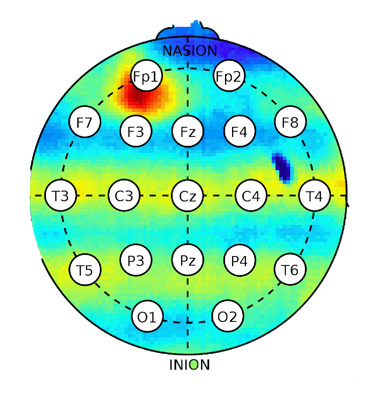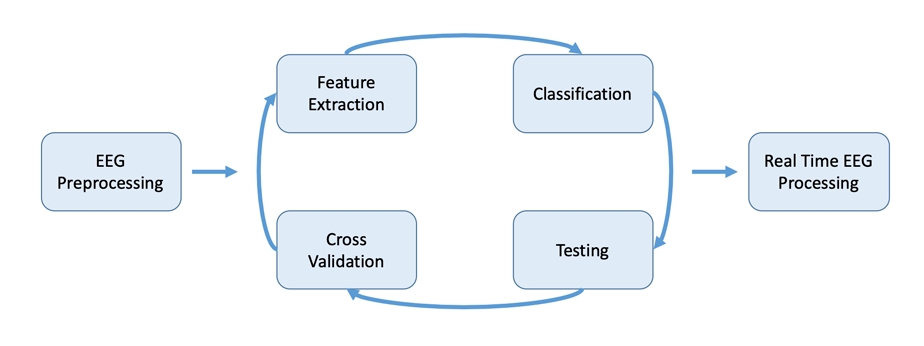

This video contains proprietary information and cannot be shared publicly at this time.
Figure 1

Figure 2

Biomedical Engineering
Team 6
Team Members |
Faculty Advisor |
Srinivas Setty |
Sabato Santaniello Sponsor NSEC Lab |
sponsored by

Being the fourth most common neurological disorder in the United States, Epilepsy is a debilitating disease with widespread impact and dire side effects. By combining an amalgam of harrowing symptoms such as severe bouts of confusion, onset seizure, depression, and anxiety, epilepsy can transform even the simplest of tasks into agony. Therefore, the goal of this project is to provide clinicians with an automated framework for detecting the point of origination of seizures in the brain to assist with the bedside protocols of patients suffering from epilepsy. Using time series EEG data from 50 patients, this project seeks to develop machine learning based classification methods to detect anomalies in electrical activity in the brain, as these anomalies can often function as biomarkers for localized seizure activity. This will be done by using 18 different EEG signals from the 50 patients to develop metrics for anomalous detection through classification. Once the classification algorithms have been thoroughly tested and verified with testing data sets, a physical user interface mapping real time EEG data with the classification algorithms will be developed to function as a bedside decision support system for clinicians to seamlessly detect the origin of seizures.
